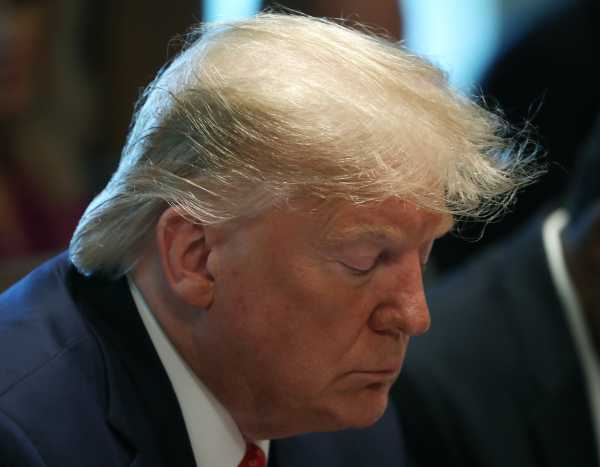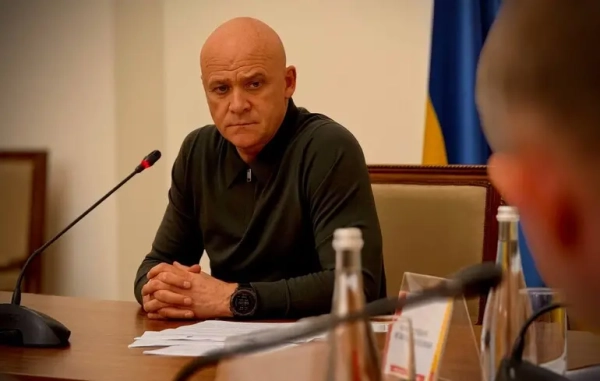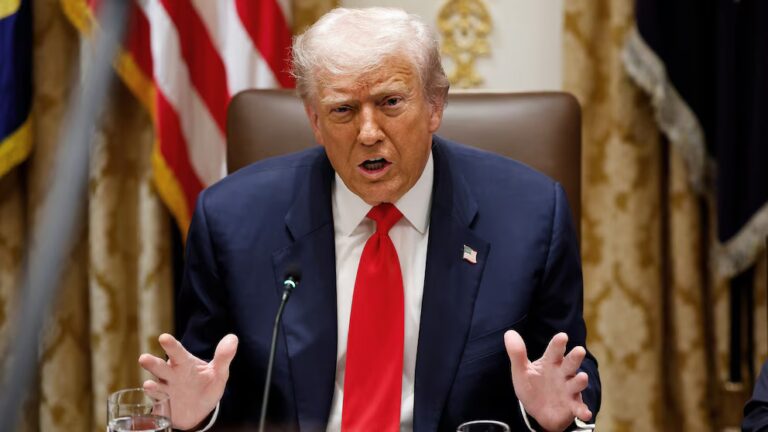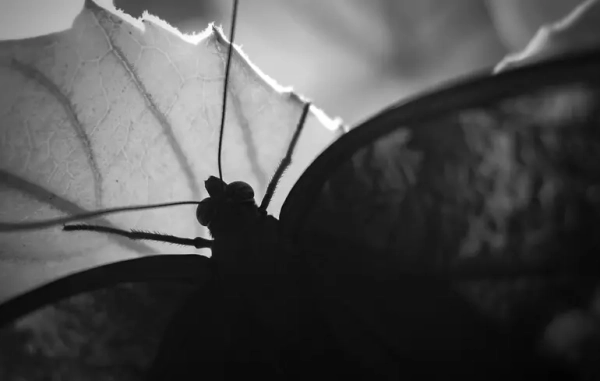
As early as January, the burgeoning novel coronavirus outbreak in Wuhan, China, was frequently highlighted in the president’s daily intelligence briefing, according to a Washington Post report.
Several current and former US officials told the Post’s Greg Miller and Ellen Nakashima that details about the virus — including updates on its spread throughout the world, information about China seeking to hide its death toll and rate of infection, and warnings that the virus may have serious political and economic consequences — were included in the President’s Daily Brief in January and February. Over that same time, President Trump and senior administration officials were still publicly downplaying the virus’s threat.
As of Monday, more than 55,000 people in the US have died of Covid-19, the disease caused by the coronavirus, and there have been nearly a million confirmed US cases, according to the Johns Hopkins tracker.
But the repeated warnings didn’t appear to catch the president’s attention. Trump routinely skips reading the PDB and even ignores the oral summaries he receives from intelligence staff two or three times each week, according to the officials, who spoke with the Post anonymously.
The Office of the Director of National Intelligence, which is responsible for putting together the PDB, denied the story but refused to elaborate further. “The detail of this is not true,” an official from the office told the Post. Acting Director of National Intelligence Richard Grenell took to Twitter Monday evening to deny the story, again not going into more specifics.
But it’s not clear that a denial makes the situation any better. That opens the door to several possibilities: Information about the virus was in the PDB and the president ignored it; the coronavirus information in the PDB wasn’t good enough for the president to take action; or coronavirus information wasn’t included in the PDB.
Any of these three scenarios would represent a failure of the president, the intelligence community, or both.
It’s still difficult to tell what Trump knew and when
The Post’s reporting begins to shed light on when Trump first learned about the serious risks of the novel coronavirus. If it’s true that the PDB presented accurate information in January about the virus, then several of Trump’s early public statements look particularly bad.
On January 22, Trump told CNBC that the administration had the situation “totally under control.” Two days later, he praised Chinese President Xi Jinping over his country’s handling of the virus in a tweet.
On February 2, Trump officially banned anyone who had been in China over the previous 14 days from traveling to the US, telling Fox News’s Sean Hannity, “We pretty much shut it down coming in from China.” Eight days later, Trump said that the situation was under control at a campaign rally in Manchester, New Hampshire. “Looks like by April, you know, in theory, when it gets a little warmer, it miraculously goes away. I hope that’s true. But we’re doing great in our country. China, I spoke with President Xi, and they’re working very, very hard. And I think it’s going to all work out fine.”
Throughout February, Trump repeatedly said that people in the US were not in danger from the virus.
It wasn’t until a March 16 press briefing that he introduced social distancing guidelines. “My administration is recommending that all Americans, including the young and healthy, work to engage in schooling from home when possible,” he told reporters. “Avoid gathering in groups of more than 10 people. Avoid discretionary travel. And avoid eating and drinking at bars, restaurants and public food courts. If everyone makes this change or these critical changes and sacrifices now, we will rally together as one nation and we will defeat the virus. And we’re going to have a big celebration all together. With several weeks of focused action, we can turn the corner and turn it quickly.”
At this point in the pandemic, the US has more confirmed cases — and deaths — than any other country, and earlier action by the Trump administration could have helped prevent the worst of it. Testing for the virus still lags behind other comparable countries, and the nation’s food and medical supply chains are strained.
The administration could have taken steps in January and February to shore up these weaknesses, as Vox’s German Lopez explained:
House Intelligence Committee Chair Adam Schiff has called for an independent commission to investigate the administration’s early actions in response to the coronavirus pandemic. That investigation could unveil what Trump and senior administration officials knew and when.
A similar investigation of the George W. Bush administration’s handling of 9/11 resulted in the declassification and release of PDBs from August 2001 indicating that officials were aware that Osama bin Laden was “determined to strike within the US.”
The official coronavirus US death toll is now the equivalent of almost 19 9/11s; given the outbreak’s ongoing severity, an investigation is sorely needed.
Support Vox’s explanatory journalism
Every day at Vox, we aim to answer your most important questions and provide you, and our audience around the world, with information that has the power to save lives. Our mission has never been more vital than it is in this moment: to empower you through understanding. Vox’s work is reaching more people than ever, but our distinctive brand of explanatory journalism takes resources — particularly during a pandemic and an economic downturn. Your financial contribution will not constitute a donation, but it will enable our staff to continue to offer free articles, videos, and podcasts at the quality and volume that this moment requires. Please consider making a contribution to Vox today.
Sourse: vox.com






